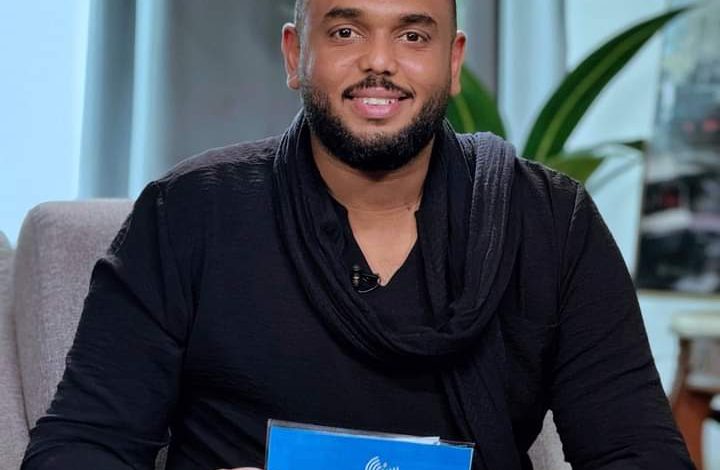In the episode “Shai Laban” Sudanese cinema…the challenges of war and the future

Sudan Events – Magda Hassan
The episode of the “Shai Laban” program, presented by the journalist Mustafa Al-Naim, which was broadcast on Thursday, was widely followed by a young audience interested in cinema. The episode, which was presented on the YouTube channel, shed light on the challenges facing Sudanese cinema in light of the ongoing war in the country, and how it affected current conditions on the film industry and its makers.
The episode also discussed the role of Sudanese filmmakers in overcoming the conditions of asylum and displacement and rising again, the opportunities available to them, under these conditions, and how they deal with displacement and asylum.
The episode hosted two young people working in the field of cinema: Shihab Satti, the Sudanese producer and director, son of the well-known journalist Khaled Satti. Shihab began his passion for cinema and media at the age of ten, and in 2018 his film “Serotonin” won the Black Elephant Award at the Sudan Independent Film Festival.
In 2023, he launched the Generation Z dialogue platform to promote dialogue and understanding between generations. The young woman, Israa Awad Al-Karim, a Sudanese film actress and producer, participated in the dialogue. She began acting in 2015 with the “Scattered” group, led by Sami Al-Jalabi. Israa participated in the award-winning film “The Curse” which it recieved 3 awards from the Taharqa Film Festival, and she worked in the field of cinematic makeup. She also won the festival award, after which she moved to the field of film production, and produced two documentaries and 4 music videos.
The episode discussed several topics, the most important of which are the challenges of Sudanese cinema during the war, the lack of funding and infrastructure, in addition to the difficulty of accessing appropriate equipment and places for filming, as well as the impact of conflicts on cinemas.
The episode also discussed the role of filmmakers at this stage, especially in displacement and asylum, and how to use cinema as a means of expressing the suffering of refugees and displaced people.
The episode’s guests also presented personal experiences of displacement and how it had an impact on their artistic works. The episode also discussed the future prospects of Sudanese cinema, especially the hope of young producers hoping for a better cinematic reality. The episode discussed the hope for improving conditions after the end of the conflicts. It also touched on the importance of international and local support for the film industry in Sudan. The episode also provided an in-depth look at Sudanese cinema through personal and professional experiences for its guests, and highlighted the great challenges facing this industry under difficult circumstances, with an emphasis on hope and creativity as a means to overcome these challenges.



